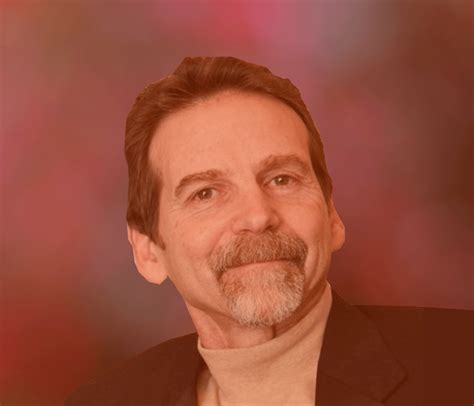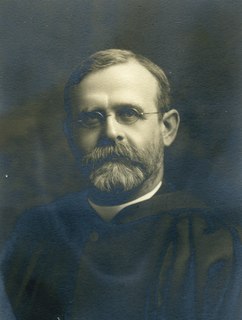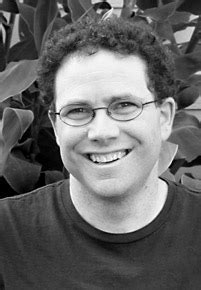A Quote by Franz Kafka
Utterance does not in principle mean a weakening of conviction--that would not be anything to be deplored--but a weakness of conviction.
Related Quotes
Faith affects the whole of man's nature. It commences with the conviction of the mind based on adequate evidence; it continues in the confidence of the heart or emotions based on conviction, and it is crowned in the consent of the will by means of which the conviction and confidence are expressed in conduct.
The patient typically finds himself impelled by some deep, inner conviction that something is true, or right, or virtuous: a conviction that doesn't seem to owe anything to evidence or reason, but which, nevertheless, he feels as totally compelling and convincing. We doctors refer to such a belief as 'faith'.
The conviction: I will not tolerate this age. The freedom: the freedom to act on my conviction. And I will act. No one else has both the conviction and the freedom. Many agree with me, have the conviction, but will not act. Some act, assassinate, bomb, burn, etc., but they are the crazies. Crazy acts by crazy people. But what if one, sober, reasonable, and honorable man should act, and act with perfect sobriety, reason, and honor? Then you have the beginning of a new age. We shall start a new order of things.
It is commonly said that if rational argument is so seldom the cause of conviction, philosophical apologists must largely be wasting their shot. The premise is true, but the conclusion does not follow. For though argument does not create conviction, the lack of it destroys belief. What seems to be proved may not be embraced; but what no one shows the ability to defend is quickly abandoned. Rational argument does not create belief, but it maintains a climate in which belief may flourish.
Pride is an established conviction of one’s own paramount worth in some particular respect, while vanity is the desire of rousing such a conviction in others, and it is generally accompanied by the secret hope of ultimately coming to the same conviction oneself. Pride works from within; it is the direct appreciation of oneself. Vanity is the desire to arrive at this appreciation indirectly, from without.
I refuse to turn to theology to justify the life or redeem it. There is a question always of the connection to the eternal. I say to myself above all, keep alive your conviction that there are sacred elements in the life in the practice of the life that must be respected. But the conviction in the existence of the sacred does not necessarily imply that you need to believe in a creator, because we are the ones that made the sacred.







































